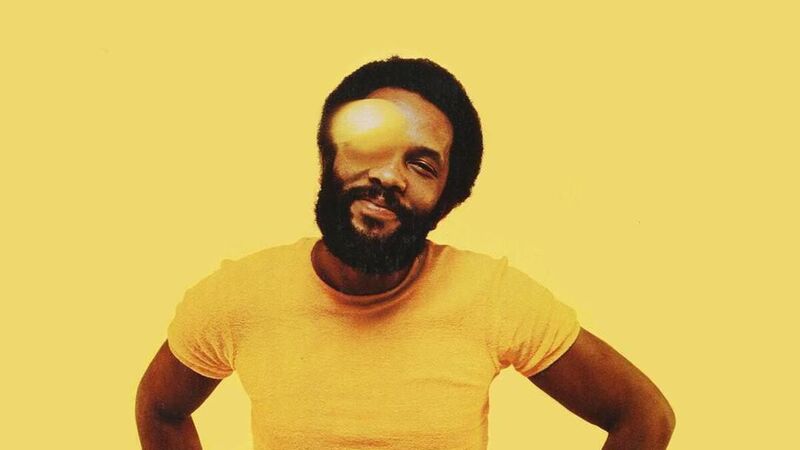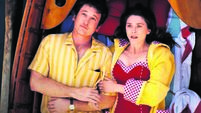Stevie G: Roy Ayers was one of a kind

Roy Ayers had been a regular visitor in Cork for many years.
It’s been a tough few weeks for music fans, particularly for those who are fans of soul music. Only last week, I spent this column mourning the passing of Angie Stone, who died tragically in a car accident. Roberta Flack, Gwen McCrae, and Jerry Butler also died recently, and Roy Ayers now joins a legendary group of artists in the sky.
I was fortunate enough to spend a lot of time with Roy during some of his many visits to Cork. He has been a regular visitor for many years, playing mainly at the Cork Jazz Festival, and I’ve hosted him a couple of times at my own nights in both the Savoy and the Pavilion. Roy also graciously granted me a lot of his time for interviews for both and my show on RedFM, and he was always really gracious and giving with his time. His enthusiasm for the new generation of music fans and artists who embraced his work was genuine too, and Roy was very grateful that his pioneering music catalogue was spanning generations. He worked with all of these new generations too, and in the last 30 years had appeared with everyone from Guru and Tyler the Creator, to Erykah Badu and Masters at Work.
In many tributes to Angie Stone, she was dubbed the Queen of Neo Soul, and she was certainly one of the main elders of a genre which exploded into popularity during the mid to late 90s. I spoke about her contributions to D’Angelo’s music last week, and about how the wider context of that music genre had been created not only in the 70s but by UK artists such as Sade and Loose Ends and Omar a decade or two later.
His 70s output alone used to fit in smoothly with this new music in the 90s, and those of us DJing at the time would play his tunes alongside Maxwell, Angie, Erykah, D’Angelo, Lauryn and others. Roy’s music still sounded contemporary 20 or so years on, and still does today, but he was also very active in this new soul revival too, and contributed to music from the Roots, Erykah Badu, Talib Kweli, Mos Def, A Tribe Called Quest, Digable Planets in this era, either in person or by samples.
Apart from his soul and hip-hop influence, his disco and house legacy was huge too, and Roy continued to collaborate with many of the best house producers too. He was actively involved in multiple remix projects and he was always very aware that this new generation were carrying the torch forward for soul, jazz, and other genres.
It’s worth remembering that this was a guy who had been a pretty big solo artist and sideman all through the 60s too, and that’s before we even speak of his external production credits and collaborations with Fela Kuti, Sylvia Striplin, Ramp, and many others too.
Roy Ayers was one of a kind, and we will play his music forever.







